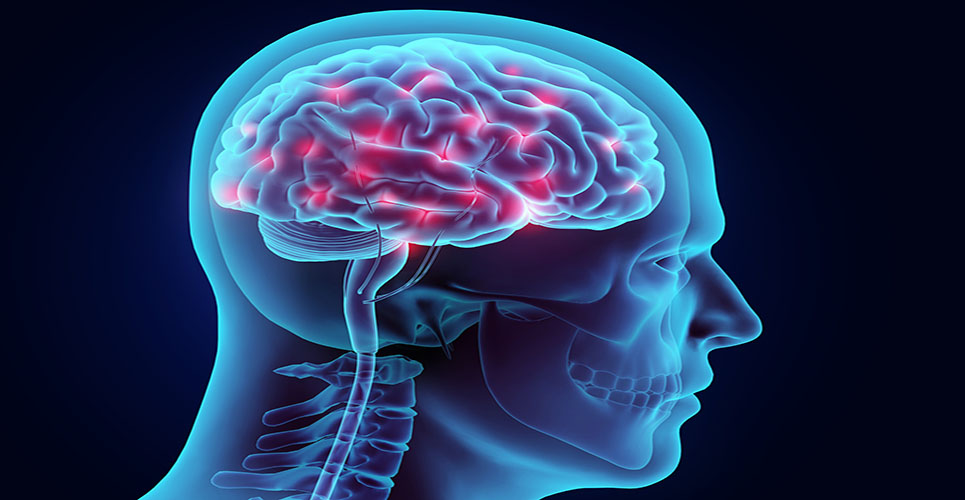teaser
Eisai Europe Limited has announced the Swissmedic approval of Inovelon® (rufinamide) oral suspension for adjunctive (add-on) treatment of seizures associated with Lennox-Gastaut Syndrome (LGS) in patients over the age of four years in Switzerland.
Many patients who receive the orphan drug rufinamide are children, partially disabled, and this new formulation has been developed as a child-friendly, orange-flavoured drinkable liquid to aid the administration of treatment for this rare, severe form of epilepsy.
“Drinkable medicines can be particularly useful for children who find conventional tablets difficult to swallow. The rufinamide suspension formulation will provide patients, parents and caretaker with a new choice of method of administration which could result in better treatment adherence”, said Dr Klaus Meyer from Bethesda Tschugg Clinic, Switzerland. “Improving treatment compliance, especially for patients with this severe form of epilepsy, is an important step to help them manage their seizures.”
LGS is a rare form of epilepsy accounting for five percent of all cases and rising to approximately 10 percent of childhood therapy resistant epilepsy cases.[1] The annual incidence of the condition affects about 2.8 per 10,000 births in Europe.[1] Effective LGS management and compliance to treatment is of key importance to children and parents as the condition is characterised by multiple daily seizures, mental retardation and regression.[2]
The oral suspension is dose equivalent to currently marketed rufinamide tablets on a milligram per milligram basis. The preparation was approved by the FDA and launched in the US in March 2011 (rufinamide is marketed as BANZEL® in the US) and was launched in Europe in March 2012.
The development of a drinkable suspension formulation of rufinamide demonstrates Eisai’s commitment in the therapeutic area of epilepsy and further exemplifies the company’s contribution to addressing the diversified needs of and increasing the benefits provided to patients and their families as shown by its human health care (hhc) mission.

